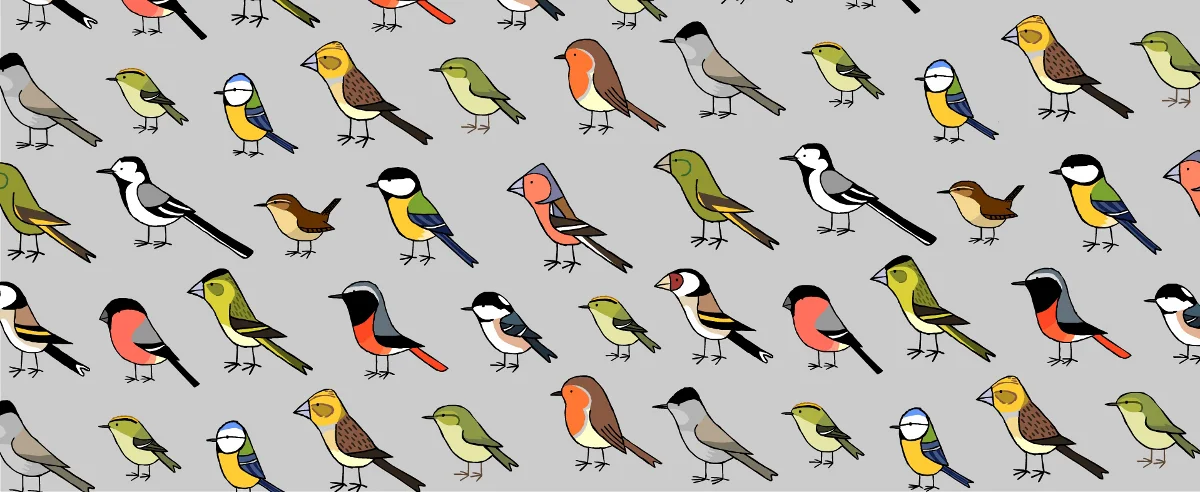Sale Continues and GBBC
Our February sale continues through this Saturday the 18th on all bird feeding related products. Seed and feed, and all bird feeders and accessories are marked down. Get ready for the Great Backyard Bird Count which takes place Feb. 17-21. Take part in this fun activity where your backyard bird data is used by the Cornell Lab of Ornithology. Visit www.birdcount.org for more information.
First Neotropical Migrants Arrive in TN
We naturally think of migration happening in “spring” and “fall”, however, spring migration has already begun and just last Saturday some of the earliest songbirds arriving from Central and South America were spotted in a couple of locations in TN by avid birdwatchers. One location, the Duck River Unit of TN National Wildlife Refuge in Waverly, is a very popular and productive birdwatching location.
Neotropical means relating to or denoting a zoogeographical region comprising Central and South America, including the tropical southern part of Mexico and the Caribbean.
Tree swallows were spotted in both Chattanooga and Waverly. Tree swallows are a beautiful bird that we see with regularity using Bluebird boxes statewide. We have had customers report having Tree swallows in Bluebird boxes for many years now. Tree swallows are primarily insect consumers, but unlike other swallows, can eat plant foods which help them survive potential wintery weather of early spring. Tree swallows are often seen in open field areas away from trees but get their name from commonly nesting in tree cavities.
The Swallow family in general is among the earliest migrating birds to return to N. Am. every spring. This family consists of Purple Martins, Tree, Cliff, Rough-winged, and Barn swallows.
Spring migration for Ruby-throated hummingbirds, as usual, is closer to April. It is not uncommon for a few hummingbirds to be seen and reported the last week of March, but the vast majority of Ruby-throated hummingbirds will arrive in, or pass through, TN between the first of April and mid-May.



